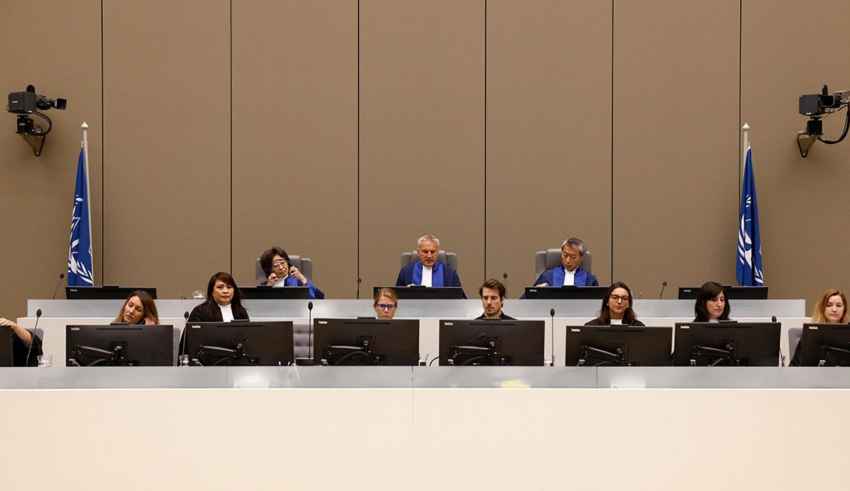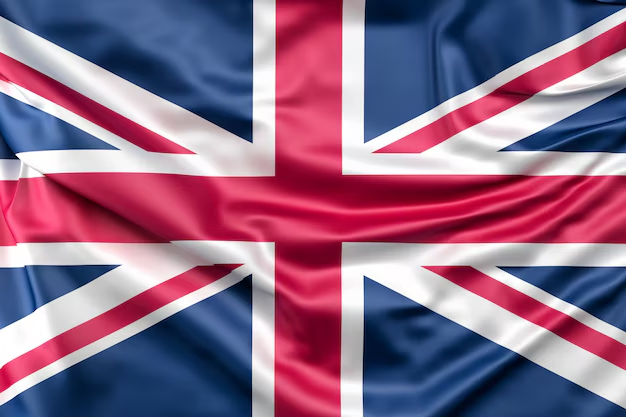
War criminals and dictators should not go unpunished – that was the idea when the International Criminal Court, short ICC, in The Hague began its work in 2002. But since 2015-2016 it is in crisis: several African countries have declared their withdrawal. Their argument: only Africans would be sentenced.
Summer 2015: The central African country of Burundi is drowning in violence. President Pierre Nkurunziza, in power since the end of the civil war, wants a third term. The opposition boycotts the election and organizes mass protests. A military coup fails. Nkurunziza’s security forces push trough. Hundreds of people die, hundreds of thousands are displaced. Human rights organizations document torture, rape and ethnic cleansing. Mass graves are discovered. Pierre Nkurunziza, the former Hutu rebel leader, is re-elected.
By this time, the International Criminal Court in The Hague has already opened preliminary investigations. The repressive regime in Burundi is alleged to be responsible for genocide and crimes against humanity. After the start of prosecutions, President Nkurunziza accuses the investigators of one-sided research and forbids any interference. A few weeks later, Burundi’s National Assembly decided to terminate cooperation with the world court. Burundis justice minister since summer 2015 Aimée-Laurentine Kanyana justified :
“Burundi must realize that the International Criminal Court is an instrument to put pressure on poor countries. Our bitter realization is that since the creation of the court, only Africans have been accused and convicted – as if there were no crimes elsewhere in the world. Clearly, selective prosecutions involve major world powers – some of which have not ratified the Rome Statute of the Criminal Court itself. That’s why we question the independence of the chief prosecutor as much as the court as a whole.”
Burundi denounced the basic treaty with the world court – encouraging other rulers to take similar steps. The ICC, the International Criminal Court, was racist and embodied colonialist victors’ justice, was the message from the West African country of Gambia at the end of October. President Yaya Jammeh is seeking re-election there in December. Jammeh has ruled as a dictator for many years, persecuting journalists and torturing member of opposition to death in prison. For human rights organizations, Gambia’s rejection of international criminal justice comes as no surprise.
A few weeks after Burundi, South Africa’s withdrawal from the International Criminal Court had an even greater signal effect on the African continent: South African justice minister Michael Masutha informed the UN Secretary-General in writing that his government was leaving the International Criminal Court.
In 2015, South Africa hosted Sudanese President Omar al-Bashir – for an African Union conference. Bashir, who has been accused of genocide in Darfur since 2009, should actually be arrested while traveling; there is an international warrant for his arrest. But Bashir can move more or less freely in the member states of the African Union and does not have to fear extradition to The Hague. South Africa has allowed Bashir to leave unmolested – and then had to listen to the accusation from The Hague that, as a member of the ICC, South Africa was in breach of the treaty. This was followed by South Africa’s angry exit from the Criminal Court.
Burundi, Gambia, South Africa: three different cases that fire up the long-simmering African debate about the ICC. Especially since Russia, as a veto power of the UN Security Council, has just made it clear that it no longer wants to cooperate with the world court. It is true that Russia has never ratified the Court’s basic treaty, nor have China and the United States. But Russia’s symbolic rejection of the ICC comes just at the time when the mood in Africa is threatening to tip anyway.
It is arguably the most serious crisis yet in the history of the International Criminal Court. When the ICC began its work on July 1, 2002, the euphoria was still great. An age-old dream of mankind seemed to be coming true: namely, to bring war criminals to justice worldwide.
UN special tribunals seen as precursors
A number of United Nations special tribunals are considered precursors to the International Criminal Court, but they only prosecute war crimes that are limited in time and geography. Among the best known is The Hague Tribunal for Yugoslavia for the prosecution of serious crimes committed during the Balkan wars.
In contrast to the Yugoslav Tribunal, the ICC is not a UN court but a court of contracting states. Its legal basis is the so-called Rome Statute: In 1998, 120 states agreed in the Italian capital to create this world court. It is allowed to deal with genocide, crimes against humanity and war crimes. The maximum penalty is life imprisonment.
The court becomes active when the UN Security Council calls on it to do so and when states parties fail or are unable to prosecute an alleged war criminal themselves.
The court’s biggest handicap is that major powers such as the United States, China and Russia have never ratified the Rome Statute: They do not want any of their nationals to ever have to answer to this court in The Hague. And they can also prevent others from having to do so by vetoing it in the UN Security Council. That is why the ICC has not yet been able to start investigations in Syria, for example; that failed because of the Russians’ veto.
The ICC’s first chief prosecutor at the time, Argentine Luis Moreno Ocampo, nevertheless remained optimistic:
“This institution is a miracle. We are making the world less primitive, we have ensured new rules of the game: those who commit war crimes will be punished. And it is working. We are changing the world. Step by step.”
But they are small and slow steps. That’s partly because the ICC has no police power of its own and relies on the cooperation of the international community for arrests and extraditions. But that leaves much to be desired.
Ocampos successor, the African Fatou Bensouda, impressed with her knowledge and her objective, level-headed manner, but she took on a difficult legacy from 2012 to June 2021. A lot of cases fell through because of lack of evidence like th one against Kenyan President Uhuru Kenyatta and the one against Kenya’s Vice President William Ruth.
The most raised accusation against the World Criminal Court, then, is that it is an Africa tribunal, or more accurately, an anti-Africa tribunal. Many of Africa’s veteran despots, however, use this argument for all too transparent propaganda. For example, Yoweri Museveni, Uganda’s permanent president, once said :
“We have lost interest in the International Criminal Court. It is none of our business, it is a useless institution! We had initially supported this court because we thought it was serious. But it’s just a bunch of useless people!”
Robert Mugabe, who died end of 2019 and was president of Zimbabwe for nearly 30 years, also doesn’t have a good word to say about the International Criminal Court:
“We don’t want this court in our country – no way. In Zimbabwe, we did not sign the Rome Statute in the first place. Because we don’t want to submit to a justice that takes place outside our country, outside our continent. A court that is financed primarily by Europeans. Who in turn pay non-governmental organizations to spy on us: What we do, how we act, how we govern our states!”
One thing is certain: no trial at the Criminal Court would ever have taken place if the defendant’s country of origin had not wanted it to.
Of course, many African countries were euphoric when the ICC was established. But how does the court justify its focus on African perpetrators? When crimes against humanity are committed in other states and those states are supported by major powers, they never face prosecution. How else can it be explained that Assad is not bothered in Syria?
In fact, it was mostly the African countries themselves that asked The Hague to start the investigations because they felt unable to do so themselves; in two other cases – Darfur and Libya – it was the UN Security Council that called on the ICC prosecutor to start the investigations. Still, it’s high time to take the criticism seriously. It would be naive to assume that international law has nothing to do with politics. Of course, the trials at the ICC can and must be conducted independently of politics, but the court itself does not operate in a political vacuum. Without this realization, the problem cannot be solved. Because Africa is also looking for its own ways.
The generation of Mugabes (Zimbabwe’s President from 1987 to 2017) and Musevenis (Ugandas President since 1986) has already made clear what an Africa-wide institution should look like for them: They favor an African criminal court, an “African Court of Justice.” The countless victims of violence no longer seem to play any role at all in the discourse of political interests, nationalist emancipation, and arguments for or against the ICC.
There is a regional example for this – in Dakar, the capital of Senegal. Chadian ex-dictator Hissène Habré answered for his crimes in the 1980s in front of a court funded by the West African Economic Community (ECOWAS). Habré was sentenced to life imprisonment.
https://www.icj-cij.org/fr/historique
https://ir.lib.uwo.ca/cgi/viewcontent.cgi?article=10647&context=etd
https://www.france24.com/en/20160530-chad-former-dictator-habre-guilty-war-crimes-life-sentence
By The European Institute for International Law and International Relations.














